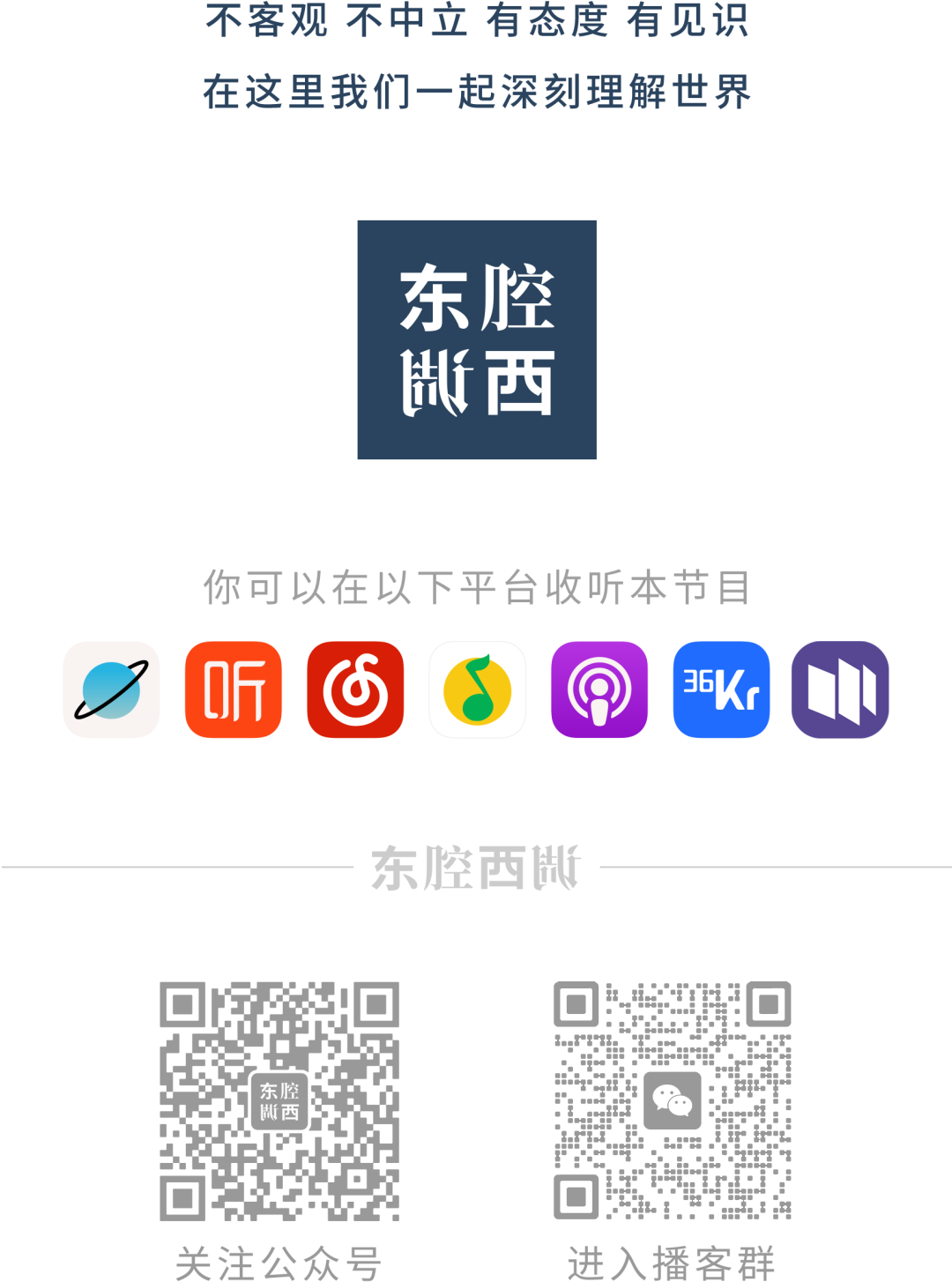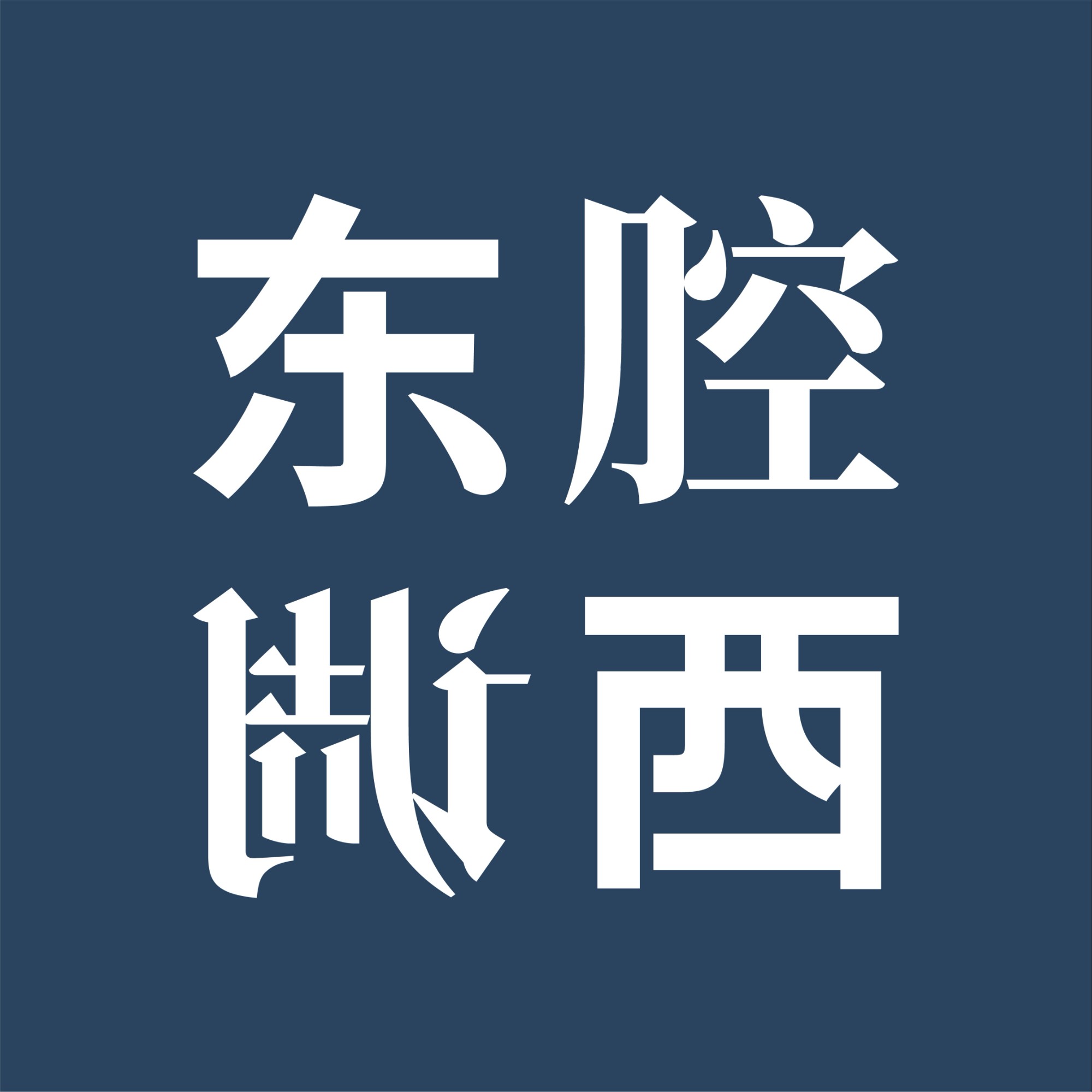
Deep Dive
Why is Ningbo considered a trade hub historically?
Ningbo has historically been a trade hub due to its strategic location connecting the Grand Canal to the East China Sea, making it a key node in both inland and maritime trade routes. It served as a crucial point for goods moving between northern China and the southern regions, as well as for international trade with Japan and Southeast Asia.
What role did Ningbo merchants play in Shanghai's development?
Ningbo merchants were instrumental in shaping Shanghai's financial, commercial, and transportation sectors. By the 1920s, they constituted a significant portion of Shanghai's population and controlled key industries such as banking and trade, leaving a lasting cultural and economic impact on the city.
How did Ningbo's cultural environment influence its emphasis on education?
Despite the 'uselessness of books' era in the 1970s, Ningbo families maintained a strong emphasis on education. This cultural tradition, passed down through generations, prioritized reading and learning, even in practical and economically challenging times, fostering a deep respect for knowledge and intellectual pursuits.
What distinguishes Ningbo cuisine from other regional cuisines in China?
Ningbo cuisine is characterized by its unique blend of sweet and salty flavors, setting it apart from the predominantly sweet dishes of other Jiangsu and Zhejiang regions. Signature dishes include salted duck eggs, pickled mustard greens, and wine-soaked chicken, reflecting a balance of taste and tradition.
How did the Zhejiang East School of Thought influence Ningbo's commercial culture?
The Zhejiang East School of Thought, particularly through figures like Wang Yangming, provided a philosophical foundation that reconciled Confucian ethics with commercial pursuits. This intellectual movement emphasized internal moral guidance, allowing Ningbo merchants to justify their business activities as morally sound and socially beneficial.
What is the significance of Ningbo's role in the maritime Silk Road?
Ningbo was a pivotal node in the maritime Silk Road, connecting China's inland trade routes with international maritime trade. Its port facilitated the exchange of goods and ideas between China, Japan, and Southeast Asia, cementing its role as a gateway for cultural and economic interactions.
How did Ningbo's geographical location contribute to its economic success?
Ningbo's location at the intersection of mountains, plains, and the sea created a diverse ecosystem, making it a natural hub for trade. Its position allowed it to serve as a conduit for goods from different regions, fostering economic growth and cultural exchange.
What is the historical significance of the Ningbo merchants' self-organization in Shanghai?
Ningbo merchants in Shanghai formed strong self-organized communities, establishing guilds and associations that supported their economic activities. This tradition of self-organization helped them dominate key industries and maintain their cultural identity while integrating into Shanghai's broader society.
How did Wang Yangming's philosophy impact Ningbo's commercial ethics?
Wang Yangming's philosophy of 'innate knowledge' and 'unity of knowledge and action' provided a moral framework that legitimized commercial activities. By emphasizing internal moral judgment, his teachings allowed Ningbo merchants to pursue profit while maintaining ethical integrity, fostering a unique blend of commerce and Confucian values.
What is the modern cultural identity of Ningbo?
Modern Ningbo blends tradition with innovation, maintaining its cultural heritage while embracing contemporary trends. Its museums, libraries, and architectural designs reflect a balance of historical depth and modern aesthetics, making it a city that values both its past and its future.
- 宁波是江南地区一个低调的城市,在古代文人称颂江南时,总是“上有天堂,下有苏杭”,近代经济则有上海、无锡闪耀,宁波则相对低调沉稳。
- 宁波人文繁盛,拥有现存最久的藏书楼天一阁,以及一批明清学者。
- 在沪宁波人掌握了近代上海金融、商贸、运输和帮会命脉。
- 宁波GDP接近天津直辖市,近几十年迅速崛起。
Shownotes Transcript
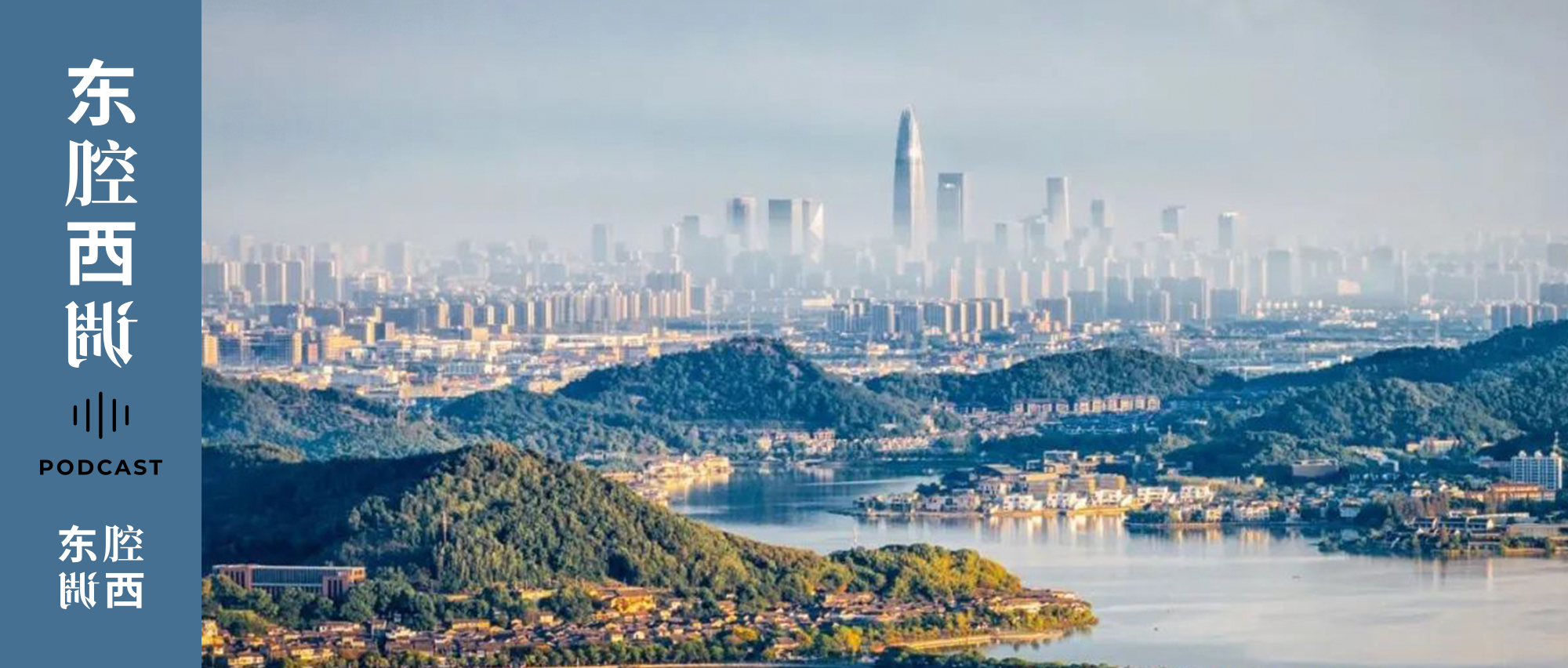 提起宁波,“阿拉”想到什么?古代文人称颂江南,总是“上有天堂,下有苏杭”;提起近代经济,则有上海、无锡闪耀,在这些“明星”背后,其实还有一个低调沉稳的城市身影,那就是宁波。宁波的人文十分繁盛,不仅有现存最久的藏书楼天一阁,还有王阳明、朱舜水、黄宗羲、章学诚、全祖望、万斯同、万斯大等一批明清学者,更有实际掌握近代上海金融、商贸、运输和帮会命脉的在沪宁波人群体。
提起宁波,“阿拉”想到什么?古代文人称颂江南,总是“上有天堂,下有苏杭”;提起近代经济,则有上海、无锡闪耀,在这些“明星”背后,其实还有一个低调沉稳的城市身影,那就是宁波。宁波的人文十分繁盛,不仅有现存最久的藏书楼天一阁,还有王阳明、朱舜水、黄宗羲、章学诚、全祖望、万斯同、万斯大等一批明清学者,更有实际掌握近代上海金融、商贸、运输和帮会命脉的在沪宁波人群体。
从“在沪宁波人”的群像中,我们看到一个既有商业进取性又不失文化底蕴、柔中有刚的宁波。在宁波商帮与晋商、粤商、闽商、徽商的对比中,我们看到了某种商业文明的自觉和基于商业的社会自发萌芽,商业与文化、社会和谐交融。再到宁波近代的思想转型,类比“中国的苏格兰启蒙运动”,我们看到宁波不仅有中国意义,更有世界意义:这是商业社会之花在东亚儒家世界结出的文明之果。
在今天的节目中,刘擎、施展和何必三位老师将从商业历史切入,通过不同层级的地理区域、社会文化比较,层层递进,找寻宁波这座城市的特质,及其在中国历史转型中的定位。
本期节目是宁波城市声音企划【宁波,听「阿拉」的腔调】)系列节目之一。欢迎和我们一起感受在传承中不断创新、沉稳而不失时尚的宁波腔调。
【本期对谈】
主播:何必,北京大学历史学博士
嘉宾:刘擎,华东师范大学紫江特聘教授
嘉宾:施展,上海外国语大学全球文明史研究所教授
【收听指南】
02:07 宁波印象:天一阁、浙东学派、在沪宁波人
07:24 在“读书无用论”的年代,仍有读书至上的家庭氛围
10:52 宁波味道:咸鸭蛋、雪里蕻、酒糟、醉鸡……
13:33 “洋泾浜”英语:来叫come,去叫go,进门就叫open door
18:28 宁波特质:甜中带咸的饮食、柔中带刚的语调
21:44 同中有异:宁波与绍兴的相互影响与相互塑造
24:58 运河、船舶与港口,作为贸易枢纽的宁波
31:31 对比晋商、粤商、闽商、徽商,看近代甬商的转型
37:34 宁波商帮摆脱了传统社会“道德-商业”的张力与撕裂
44:54 阳明心学的思想革命与浙东学派的突破口
48:08 由“绍兴出师爷,宁波出商人”引发的猜想
50:36 类比佛罗伦萨、热那亚、荷兰:思想与地理上的相似性
55:50 张弛有度,知行合一,中国的“苏格兰启蒙运动”
01:01:36 宁波的城市腔调:在传承中创新,沉稳而不失时尚
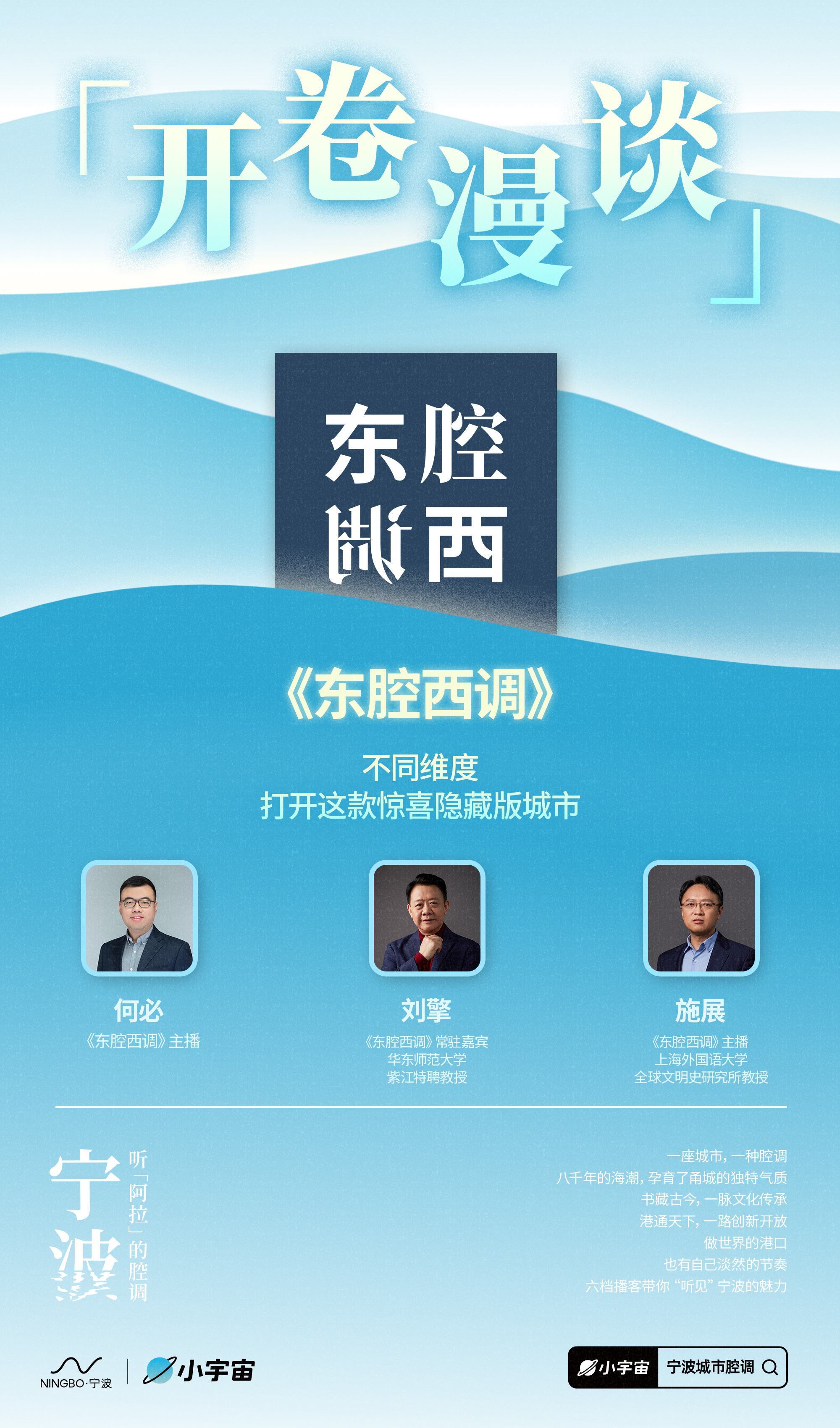 【工具箱】
【工具箱】
01 本期提到的与宁波相关的历史人物:王阳明、朱舜水、黄宗羲、章学诚、全祖望、万斯同、万斯大、严信厚(中国第一家民营银行总经理)、叶澄衷(五金大王)、虞洽卿(“阿德哥”)、朱葆三(清末首富)、方液仙(国货大王、轻工大王)、刘鸿生(火柴大王)、任士刚(汗衫大王)、张啸林(“上海三大亨”之一)、应桂馨(青帮“大”字辈,宋教仁案嫌疑人)。
02 阳明学,通常又称作王学、心学,是由明代大儒王守仁(号“阳明子”,人称王阳明)发展的儒家理学。元代至明初以来流行的程颐朱熹一派的理学强调格物以穷理,王阳明则继承宋代陆九渊强调“心即是理”,即最高的道理不需外求,而从自己心里即可得到。王阳明的主张为其学生继承发扬,并以讲会的形式传播到民间,成为“阳明学派”,亦称“姚江学派”。
03 载入《教育大辞典》的中国第一所女子中学——宁波甬江女中,其前身为宁波女塾,1844年由英国东方女子教育协会会员、基督教会传教士爱尔德赛女士创办,选址在宁波城西祝都桥(今中山西路182弄36号附近),1857年发展为崇德女校。此后,一位美国女士也在宁波开办了圣模女校。1958年,女子中学改名为宁波六中,并开始实行男女同校。1995年,易名为宁波市甬江职业高级中学。
04 中国第一位女留学生:金韵梅(Dr.Yamei Kin,1864-1934),又译名金雅梅、金雅妹,是中国第一位女留学生,医学家、教育家、营养师。金韵梅生于浙江宁波一个长老会牧师家庭,毕业于美国纽约医学院附属女子医科大学,创办了我国第一所公立护士学校天津北洋女医学堂。金韵梅也是浙江省第一位女留学生,第一位女大学毕业生。金韵梅开中国女性海外留学之先河,学成之后对我国医学和护理教育事业的发展做出贡献。1908年8月,由直隶总督袁世凯拨银2万两,金韵梅在天津东门外水阁大街创办了一所公立护士学校,亲任校长,始称天津公立女医局附设女医学堂,(亦称北洋女医学堂、长芦女医学堂),开近代中国公立护理教育之先河。《纽约时报》曾赞其为“一位典型的中国进步女性”、“当世最古老帝国中的新女性”和“当今世界最杰出的女性之一”。
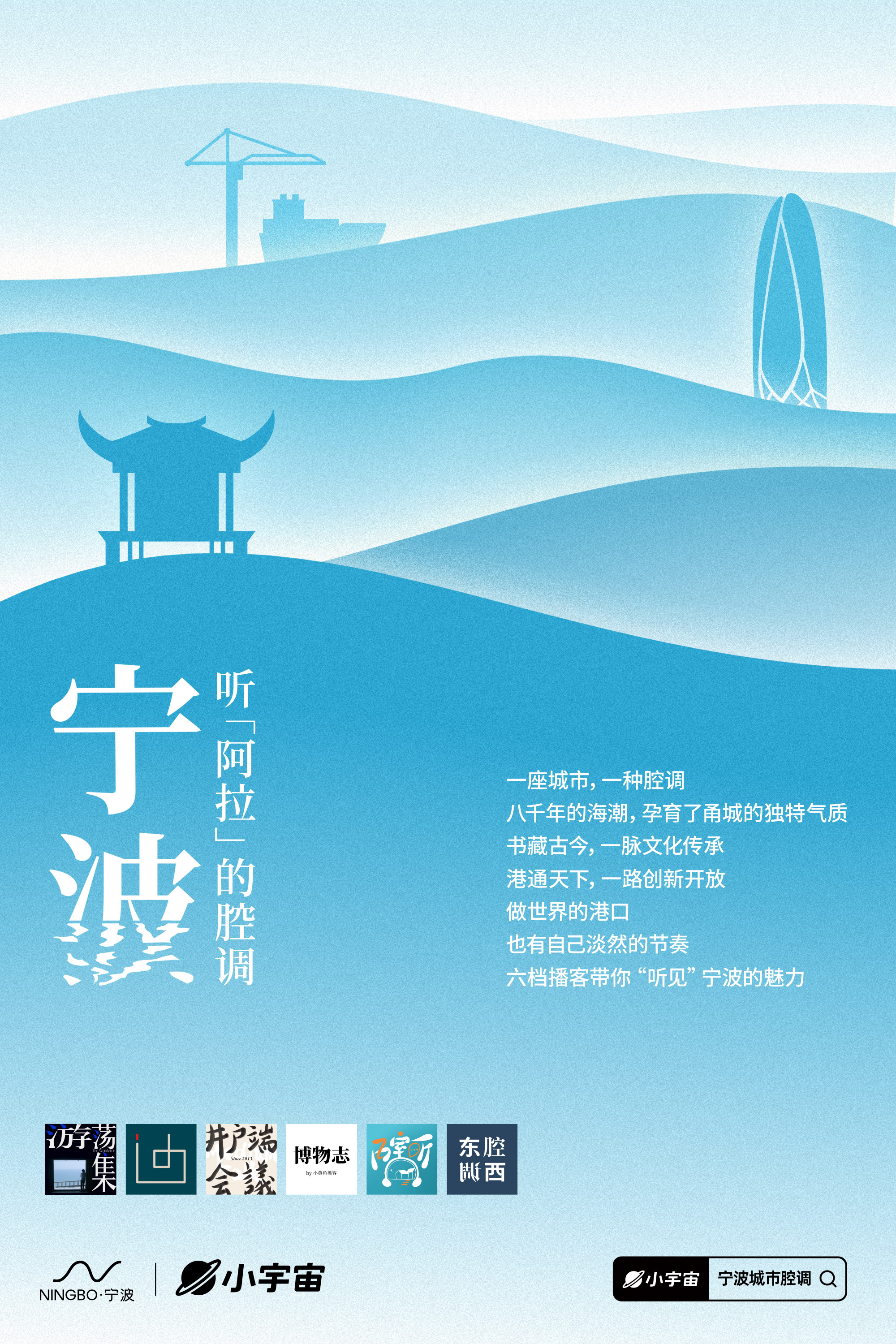 【关于我们】
【关于我们】
一样的世界,不一样的思考。「东腔西调」是一档由大观天下志制作播出的轻文化播客,每周五更新,不定期加更,感谢你的收听。你可以在喜马拉雅、小宇宙、网易云音乐、QQ音乐、苹果播客、36氪、三联中读等各平台关注我们。欢迎多多留言评论,我们真诚感谢所有反馈,同时也期待更多脑洞。
公众号:东腔西调
听友群:添加小助手eidos000(备注「播客」)
商务合作:[email protected]
